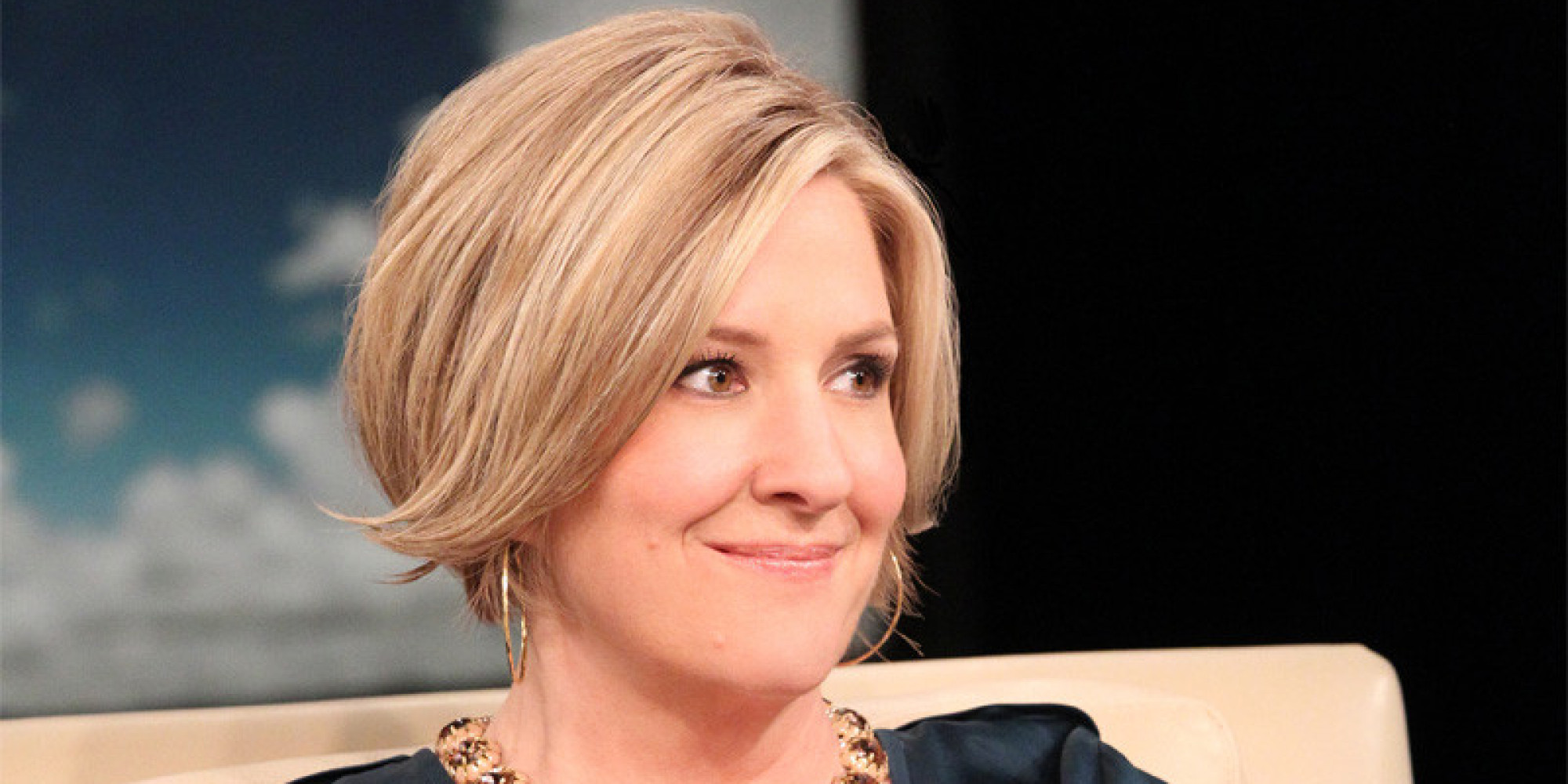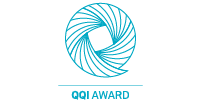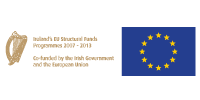Dr Brené Brown is a research professor at the University Of Houston Graduate College Of Social Work, as well as the author of the #1 New York Times bestselling book, Daring Greatly: How the Courage to Be Vulnerable Transforms the Way We Live, Love, Parent, and Lead. Fast Company Magazine named Daring Greatly one of the top ten business books of 2012. She has spent the past twelve years studying vulnerability, courage, worthiness, and shame. Her ground breaking research has been featured on PBS, NPR, CNN, The Katie Show, and Oprah Winfrey’s Super Soul Sunday.
Brené’s 2010 TEDx Houston talk, The Power of Vulnerability, is one of the top ten most viewed TED talks in the world. She is also the author of The Gifts of Imperfection, I Thought It Was Just Me, and Connections. In this interview, she talks about how she’s been able to embrace her own vulnerability, shares a story of an entrepreneur who dared greatly to achieve success, and explains how vulnerability really works in our society and more.
From your experience, what were the obstacles in embracing your own vulnerability? When did you realize that you needed to do it?
Vulnerability is basically uncertainty, risk, and emotional exposure. I was raised in a “get ‘er done” and “suck it up” family and culture (very Texan, German-American). The tenacity and grit part of that upbringing has served me, but I wasn’t taught how to deal with uncertainty or how to manage emotional risk. I spent a lot of years trying to outrun or outsmart vulnerability by making things certain and definite, black and white, good and bad. My inability to lean into the discomfort of vulnerability limited the fullness of those important experiences that are wrought with uncertainty: Love, belonging, trust, joy, and creativity to name a few. Learning how to be vulnerable has been a street fight for me, but it’s been worth it.
There are so many examples of successful entrepreneurs. Can you give one example of someone who dared greatly and was a great success as a result?
Sure one of my favourite stories is about Myshkin Ingawale who, after learning about the unbelievable and unnecessary maternal child death rate in rural India, decided to do something about it. He wanted to develop technology that was effective and efficient at testing for anaemia in pregnant women.
He was a TED Fellow and when I heard him speak in 2012 he said, “I wanted to solve this problem so I invented something that would do it.” The audience burst into applause. Then he said, “But it didn’t work.” You could feel the let down in the room. Then he smiled and said, “So, I made it 32 more times and they all failed.” But finally a smile slid across his face and he said, “The 33rd time worked and now deaths are down 50%.”
In Daring Greatly I also tell the story of Gay Gaddis, the owner and founder of T3 (The Think Tank) in Austin, Texas. Gay cashed in a sixteen-thousand dollar IRA with the dream of starting and ad agency. Twenty-three years after opening with a handful of regional accounts, Gay has built T3 into the nation’s largest advertising agency wholly owned by a woman. When I asked her about vulnerability she said, “When you shut down vulnerability, you shut down opportunity.” In the end of our interview she told me that entrepreneurship is all about vulnerability. Every single day.
Do you think society supports people who are viewed as more vulnerable? Can we come off as weak if we show imperfections?
The difficult thing is that vulnerability is the first thing I look for in you and the last thing I’m willing to show you. In you, it’s courage and daring. In me, it’s weakness.
This is where shame comes into play. Vulnerability is about showing up and being seen. It’s tough to do that when we’re terrified about what people might see or think. When we’re fuelled by the fear of what other people think or that gremlin that’s constantly whispering “You’re not good enough” in our ear, it’s tough to show up. We end up hustling for our worthiness rather than standing in it.
When we’ve attached our self-worth to what we produce or earn, being real gets dicey.
The good news is that I think people are tired of the hustle – they’re tired of doing it and tired of watching it. We’re hungry for people who have the courage to say, “I need help” or “I own that mistake” or “I’m not willing to define success simply by my title or income any longer.”
People connect more with those who have weaknesses. Every superhero has a weaknesses (Superman has kryptonite, for example). What makes these people more relatable? If they were perfect, would we care as much about them?
Most of us don’t trust perfect and that’s a good instinct.
In the research there’s a significant difference between perfectionism and healthy striving or striving for excellence. Perfectionism is the belief that if we do things perfectly and look perfect, we can minimize or avoid the pain of blame, judgment, and shame. Perfectionism is a twenty-ton shield that we lug around, thinking it will protect us, when in fact it’s the thing that’s really preventing us from being seen.
Perfectionism is also very different than self-improvement. Perfectionism is, at its core, about trying to earn approval. Most perfectionists grew up being praised for achievement and performance (grades, manners, rule following, people pleasing, appearance, sports). Somewhere along the way, they adopted this dangerous and debilitating belief system: “I am what I accomplish and how well I accomplish it. Please. Perform. Perfect.” Healthy striving is self- focused: How can I improve? Perfectionism is other-focused: What will they think? Perfectionism is a hustle.
Last, perfectionism is not the key to success. In fact, research shows that perfectionism hampers achievement. Perfectionism is correlated with depression, anxiety, addiction, and life paralysis or missed opportunities.
Fear of failing, making mistakes, not meeting people’s expectations, and being criticized keeps us outside of ourselves and away from inner and outer peace.








